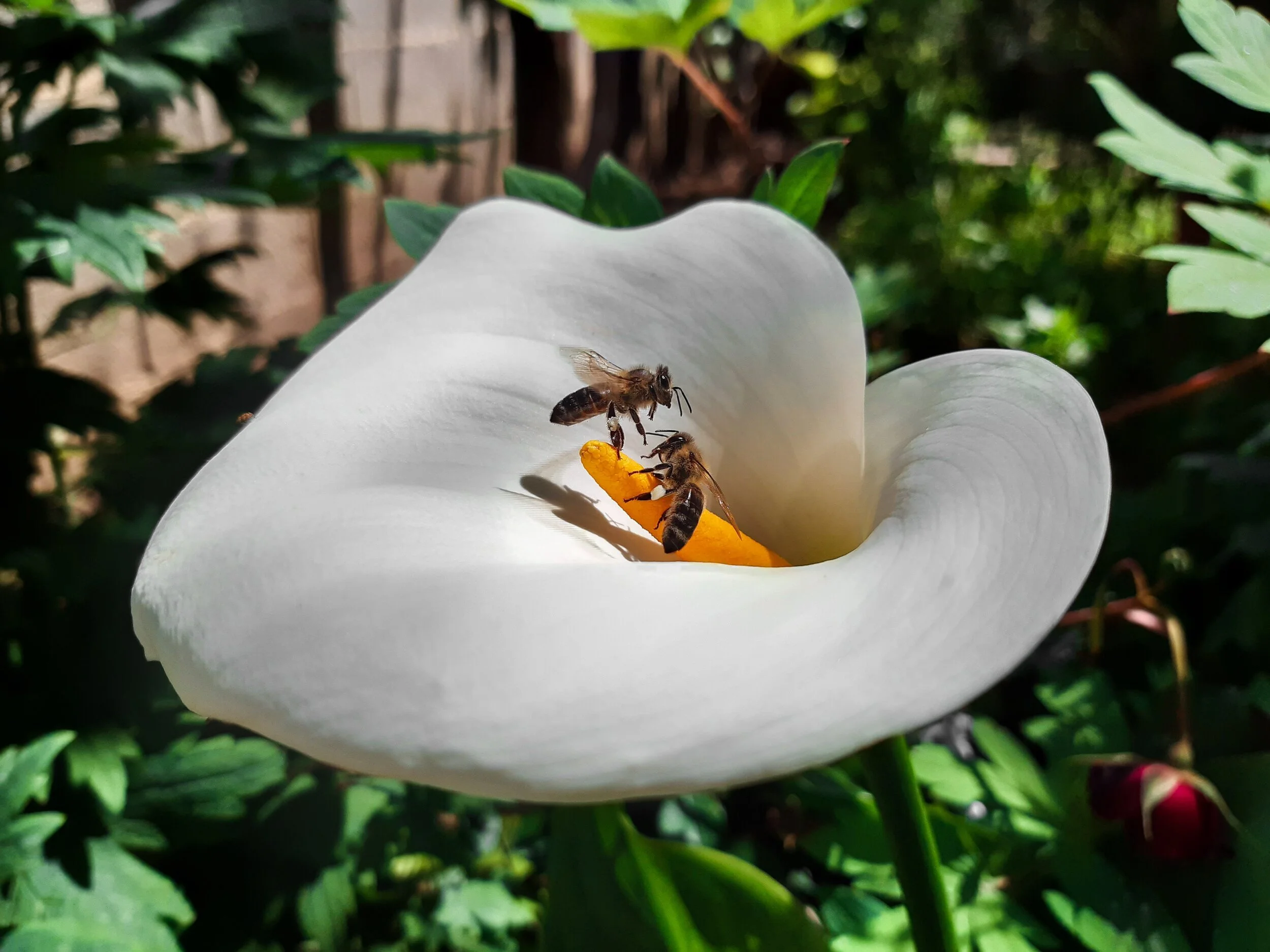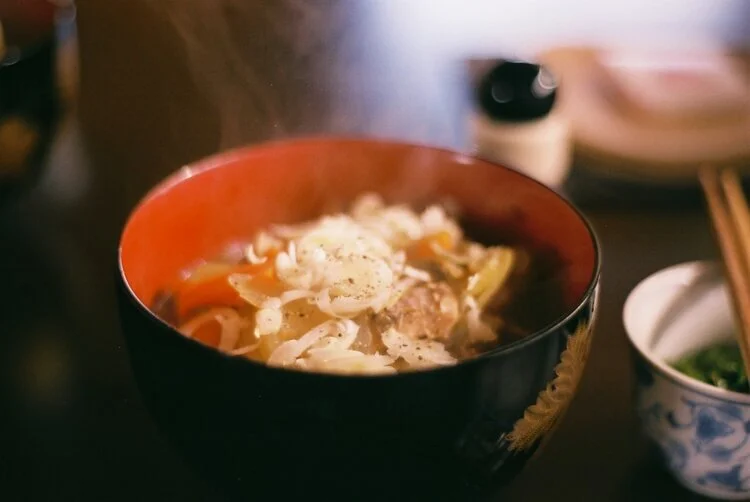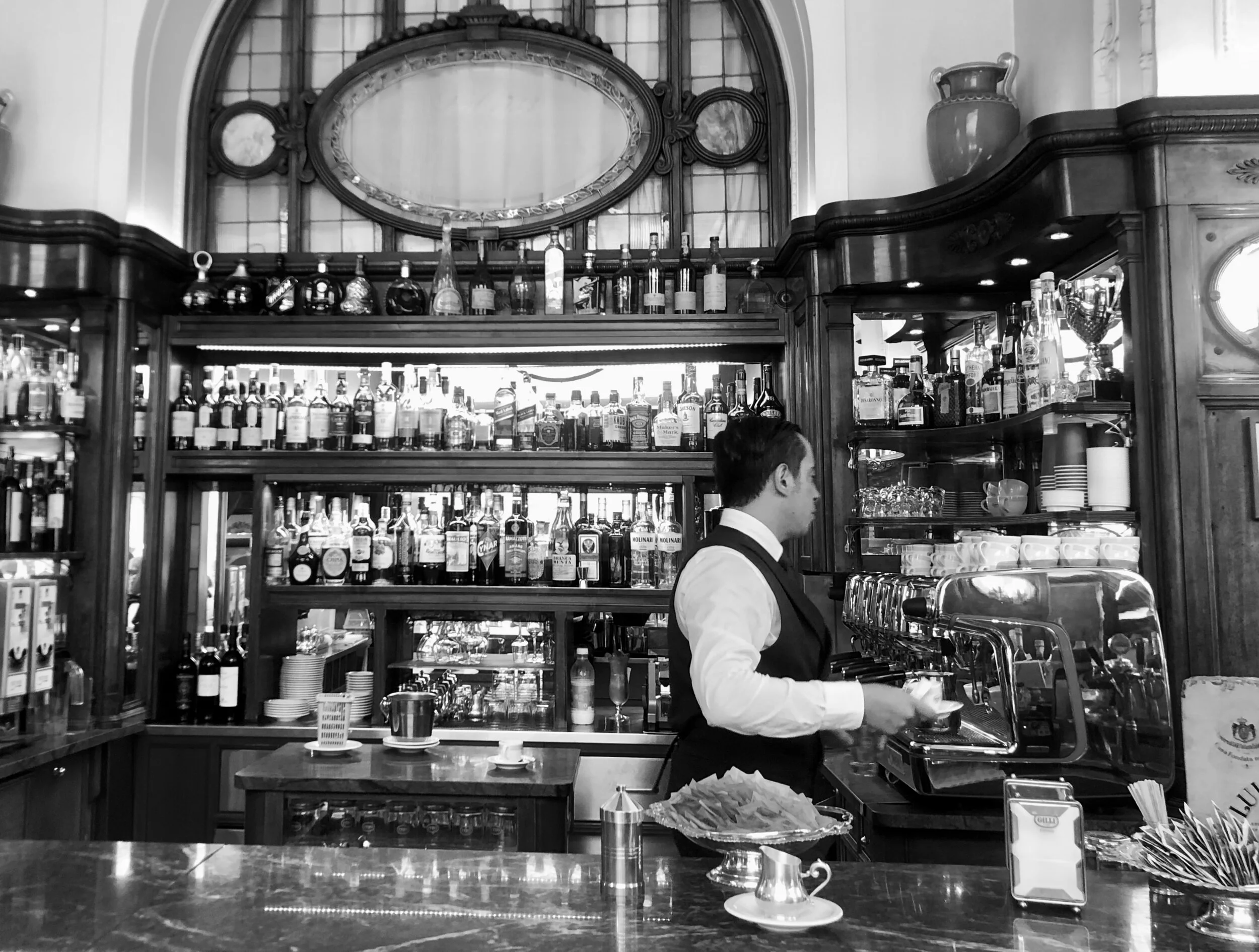

No matter where you live or what language you speak, time is a concept we are all familiar with. It impacts every minute of our lives, down to the second. For many, time offers us a unique opportunity to stop and check in with our habits and desires, a chance to measure them up against one another to ensure that we’re appropriately and equally ambitious, creative, and rested. Similarly, time is also considered the essential period of calm before a moment of transformation, undertaking, or triumph. For Francesca, a fashion professional living in Milan, time was something she thought she never had enough of. At least, until the pandemic began.
Describing her relationship to tempo, the Italian word for time, Francesca says,
“We grew up thinking that we had to fight against time all of our life. This year we could not. The pandemic showed us that we had to change our habits, our mindset, and our pace in order to survive. We had to slow down. This year, we learnt how to wait.”
Francesca shares some Italian insights, “coloro che sono riusciti a diventare alleati del tempo, hanno scoperto di più – those who have managed to become allies of time have discovered more.” And not only does it feel like Francesca has more time, but she adds, “time has been slower than ever. Il tempo non fugge più, ma il tempo non passa più – time doesn't run away anymore, but time no longer passes. Since we had more time, we had new chances.”
Similarly to Francesca, the last year opened up an opportunity for people to slow down and reevaluate their relationship with time. Whether they spent their quiet moments at home exploring new passions, reinvigorating old ones, or even simply existing, many people are now moving forward in life with a newfound appreciation for tempo.
You’ve heard the phrase “you can’t drink from an empty cup,” meaning, if you do not save any energy for yourself, you can feel depleted and burnt out. But with tempo, instead of letting our cups run empty, we can take what is needed, when it is needed, for the ultimate nourishment.
Ways you might hear tempo used in Italian:
Quanto tempo abbiamo? How much time do we have?
Quanto tempo ci vuole? How much time is needed?
Il tempo fugge. Time runs away (Italian saying)
Il tempo è denaro. Time is money (Italian saying)
Correre contro il tempo (literally "running against time"). Fighting against time.
This article is part of DIMMI Digest: Nourishment. Nourishment is about the moments we take for ourselves to refill what has been expended. More than just nutrients, nourishment can be the rest that we give ourselves, the shared joy that we experience, or the love that brings us together at the end of a hard day.










































